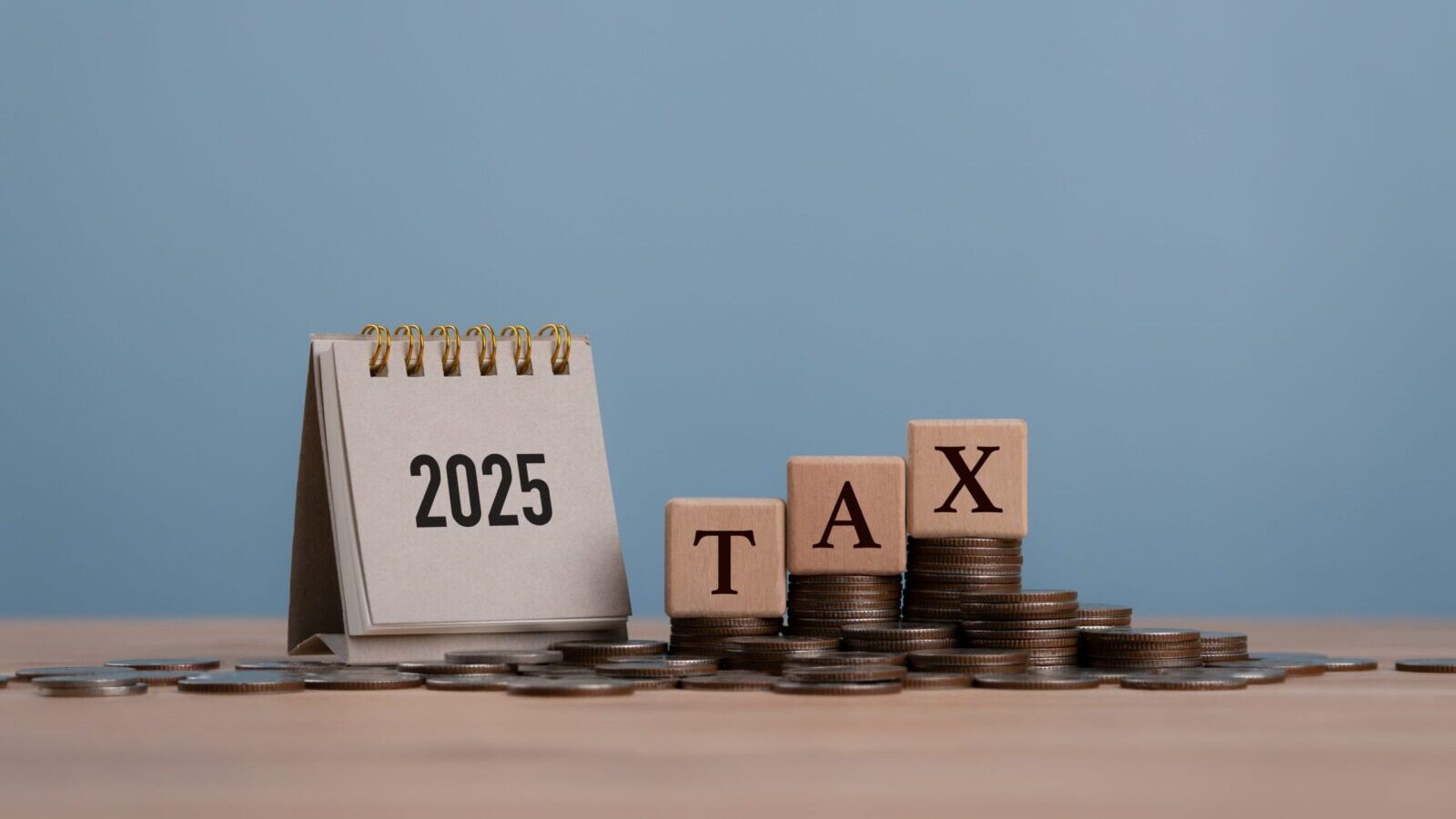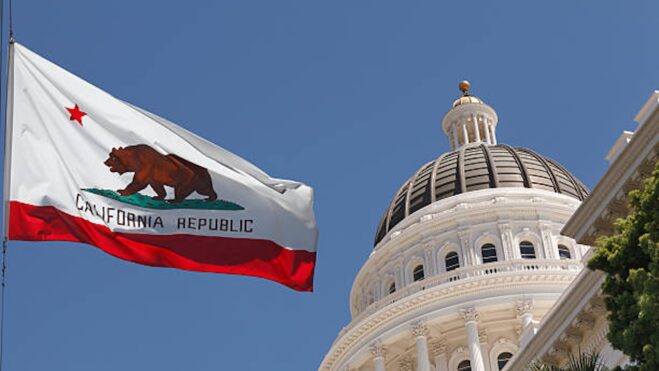UK Considers Major Increase In Gambling Taxes, Raising Global Operator Concerns
Proposals could see operators pay as much as twice in taxes as they currently do
3 min

The U.K. Treasury is weighing a significant increase in sports betting taxes as part of its upcoming budget, a move that could raise up to £3 billion ($3.9 billion in U.S. currency) in additional revenue. The decision, part of the first new Labour government budget in over a decade, is expected to be announced on Oct. 30, and has already stirred considerable debate across the gaming industry — while packing a potential impact on several U.S.-facing companies.
The proposals on the table include two distinct options from prominent think tanks. The Social Market Foundation (SMF) has put forward a plan to raise £900 million ($1.17 billion) by doubling the tax on online gambling companies from 21% to 42%. Meanwhile, a more aggressive plan from the Institute for Public Policy Research (IPPR) calls for a broader set of tax hikes, which it says could net the Treasury nearly £3 billion.
The IPPR proposal suggests doubling the general betting duty, which is currently set at 15%, to 30%. This tax applies to the profits of high-street bookmakers, a long-established feature of the U.K. gambling landscape.
Additionally, the think tank recommends raising the remote gaming duty for online operators from 21% to 50%, targeting the ever-growing online gambling sector. However, the IPPR’s plan leaves taxes on “lower harm” activities such as the lottery and bingo untouched.
While Treasury officials have yet to make a final decision, analysts suggest that the government may shy away from the most aggressive elements of the IPPR’s proposals, especially the 50% tax on remote gaming. Nevertheless, there is widespread consensus that the gambling sector will face higher taxes in some form as the U.K. government looks to address rising public expenditure amid ongoing economic challenges.
Industry pushback and economic concerns
The U.K.’s gambling industry, which generates an estimated £11 billion ($14.3 billion) annually, has voiced strong objections to the potential tax increases. The Betting and Gaming Council (BGC), a leading industry group, has dismissed the proposals as being driven by “anti-gambling campaigners” and based on “fantasy economics.” The BGC argues that the proposed tax hikes could have unintended consequences, including driving more gamblers to the unregulated black market.
According to research cited by the BGC, an estimated 1.5 million adults in the U.K. are already wagering around £4.3 billion ($5.6 billion) on illegal and unregulated gambling platforms. The organization warns that higher taxes, combined with new regulatory measures such as affordability checks and reduced staking limits, could push even more gamblers away from licensed operators, ultimately harming the regulated market.
Despite these concerns, proponents of the tax hikes argue that the gambling industry can afford to pay more, particularly given its substantial profits. With online gaming and sports betting continuing to grow rapidly in the U.K., advocates say the sector must contribute its fair share to public coffers. Moreover, they argue that increased taxes on more harmful forms of gambling could help mitigate the societal costs associated with problem gambling.
Stock market impact and broader implications
The mere suggestion of tax increases has already had a tangible effect on the gaming industry. U.K.-based operators such as Flutter Entertainment, Entain, and Evoke (formerly 888 Holdings) all saw their stock prices decline following reports of the possible tax changes.
Flutter (NYSE:FLUT), which owns FanDuel, was trading at $243.88 at noon Eastern time last Friday; by 4 p.m., it had dropped to $219.50, and on Monday morning it was still hovering around that mark.
Entain (LON:ENT) sat at £772.20 at 3 p.m. local time Friday before plummeting to £658.54 on Monday morning. It has since recovered some of its losses and, at press time, was trading at £712.
Evoke (LON:EVOK) is in a similar situation. It was trading at £64.85 Friday afternoon and dropped to £55.35 when the markets opened on Monday.
Increasing taxes targeting gambling ops becomes SOP
Flutter is no stranger to increased taxation. In the U.S., where FanDuel operates in 23 states, including Illinois and Ohio, rising taxes have become a regular occurrence. Ohio doubled its tax rate on online sports betting operators from 10% to 20% in July 2023, while Illinois introduced a sliding scale that adjusts tax rates based on revenue earlier this year.
The situation in the U.K. is reminiscent of these U.S. developments. Just as in the U.S., operators in the U.K. have raised concerns that higher taxes could stifle growth and reduce their ability to compete in an increasingly crowded market. However, in the U.S., operators have managed to continue growing despite these tax hikes, suggesting that U.K. firms may also find ways to adapt — depending on how steep the rate increases ultimately are.
Carlo Santarelli, an analyst at Deutsche Bank, recently noted that at least seven other U.S. states are considering further tax hikes on sports betting operators in the coming months.






